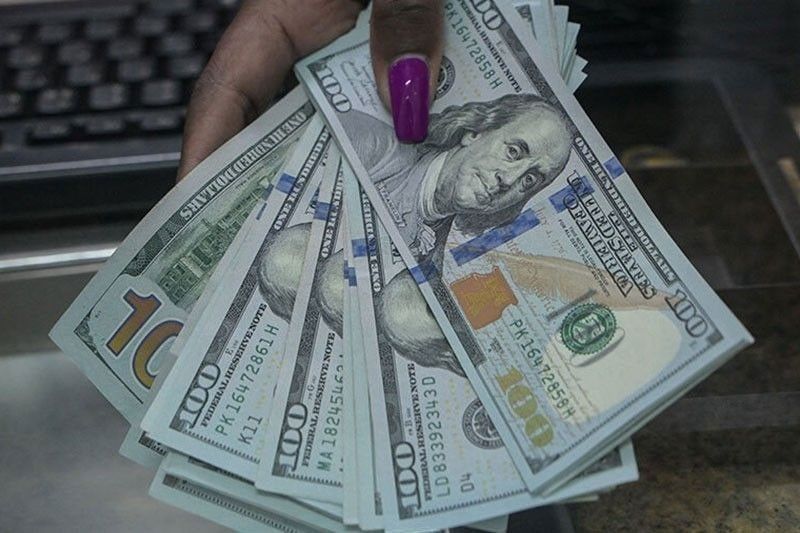FDI inflows ease to 10-month low

In April
MANILA, Philippines — The inflow of foreign direct investments (FDI) fell by 36.9 percent to $556 million in April from $881 million a year ago, marking the lowest level in 10 months, as global economic uncertainties dampened investor confidence.
Data from the Bangko Sentral ng Pilipinas (BSP) showed FDI contracted in April as nonresidents’ net investments in debt instruments decreased by nearly 39 percent to $407 million from $665 million in the same month in 2023.
Net investment in debt instruments consisted mainly of intercompany borrowings between foreign direct investors and their subsidiaries or affiliates in the country.
Data also showed that nonresidents’ net investments in equity capital (other than reinvestment of earnings) dropped by 48 percent to $68 million in April from $132 million a year ago.
Likewise, their reinvestment of earnings inched down by 4.2 percent to $81 million from $84 million in the same month last year.
Equity infusions from Japan, the United States, Malaysia and Singapore went down by 47 percent to $84 million. The inflows were channeled into manufacturing, real estate, wholesale and retail trade as well as financial and insurance industries.
Equity withdrawals also fell by 41.7 percent to $16 million in April from $27 million a year prior.
Security Bank chief economist Robert Dan Roces said global economic uncertainty over inflation, monetary policy and geopolitical tensions dampened investor confidence in April.
“Domestically, the Philippines faced high inflation, a weakening peso and rising interest rates, further deterring foreign investment,” he said.
He also said sector-specific performance, likely influenced by a slowdown in manufacturing or services, may have contributed to the decline in FDI during the month.
“Improving the business environment, promoting key sectors and strengthening diplomatic relations will be crucial for attracting more FDI and stimulating economic growth, especially with better economic metrics emerging, and the BSP signaling an August rate cut,” Roces said.
Despite the decline in FDI during the month, inflows jumped by 18.7 percent to $3.53 billion in the first four months from $2.97 billion in the same period a year ago.
“This improvement reflects investor confidence in the Philippine economy’s resilience amid global uncertainties,” the BSP said.
Investment in debt instruments declined by 1.4 percent to $2.24 billion from January to April compared to $2.27 billion in the same period last year, while reinvestment of earnings was steady at $310 million.
On the other hand, equity inflows from the Netherlands, Japan and the US more than doubled to $1.21 billion from $535 million, while outflow surged by 65.2 percent to $235 million from $142 million.
This brought equity other than reinvestment of earnings to $978 million in the first four months, more than two times higher than the $393 million in the comparable period in 2023.
The BSP expects FDI net inflows at $9.5 billion this year and $10.5 billion in 2025.
- Latest
- Trending





























